In addition, several leaders of Mr. Khan's Pakistan Tehreek-e-Insaf (PTI) party were also arrested on May 10 and 11.
In response, Khan’s supporters stormed military buildings and the residence of a top army general in Lahore, the capital of Punjab province and Khan’s hometown. In many other localities, crowds of protesters also attacked and burned government buildings and property.
According to Bloomberg news agency, at least 8 people were killed and many others were injured in protests and clashes with security forces over the past 2 days. Police have arrested more than 1,650 protesters for violent behavior in Punjab province.
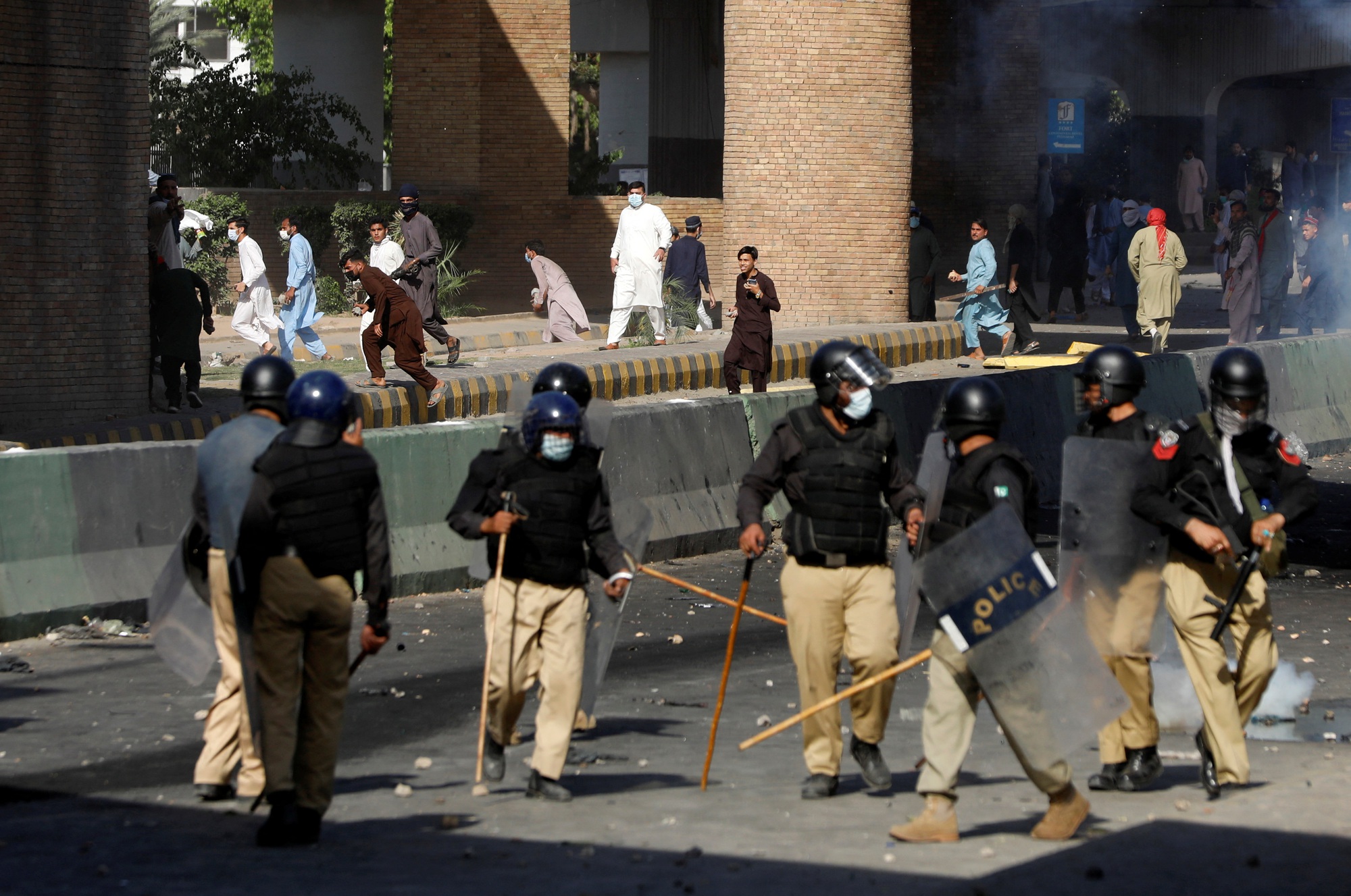
Supporters of former Prime Minister Imran Khan throw stones at police during a protest in Peshawar, Pakistan, on May 10. Photo: Reuters
Tensions remained high in the nuclear-armed nation on May 11 as paramilitary forces and police were deployed on the streets of major cities.
Telecommunications services were suspended while many schools and offices were closed in two of Pakistan's four provinces.
Mr Khan was ousted in a no-confidence vote in parliament last year. Since then, the former leader has led protests against the current government, accusing it of colluding with the military to oust him.
According to Reuters, escalating political instability has left Pakistan with little hope of reaching an agreement to disburse a bailout package with the International Monetary Fund (IMF) to avoid a debt crisis.
Amid a severe economic downturn, the country of 220 million people hopes the IMF will soon disburse $6.5 billion in bailout packages that expire in June 2023.
What is happening now makes the IMF even more cautious about restarting the loan agreement for Pakistan, some experts told Reuters.
Source







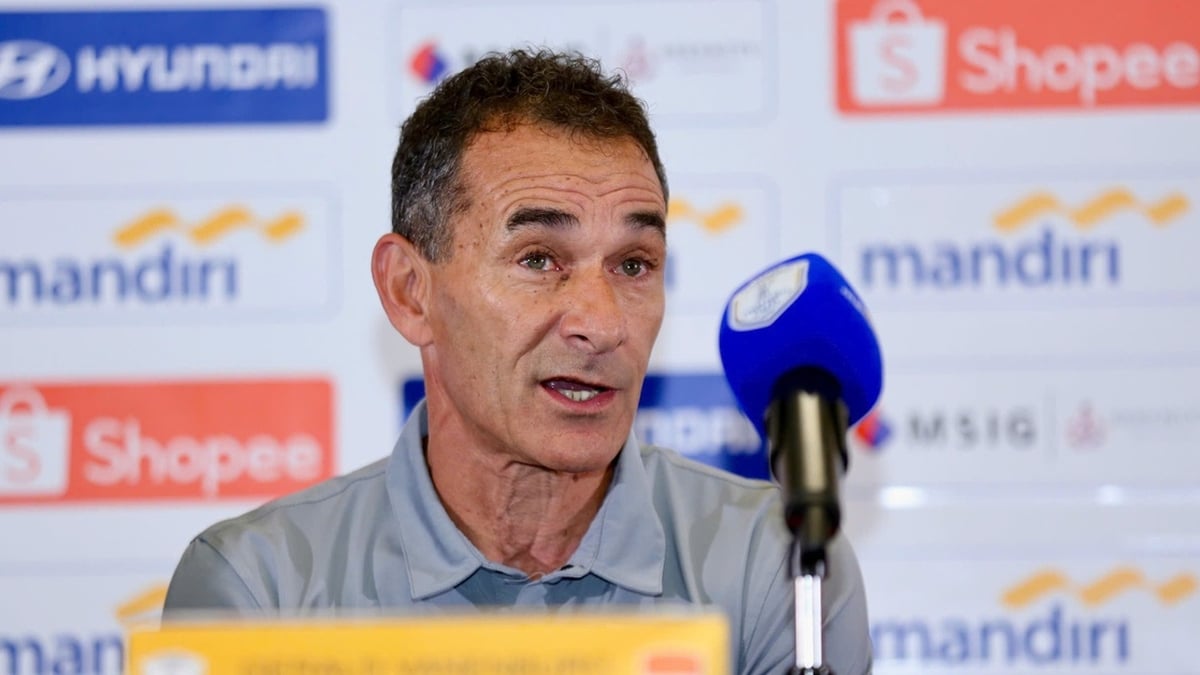


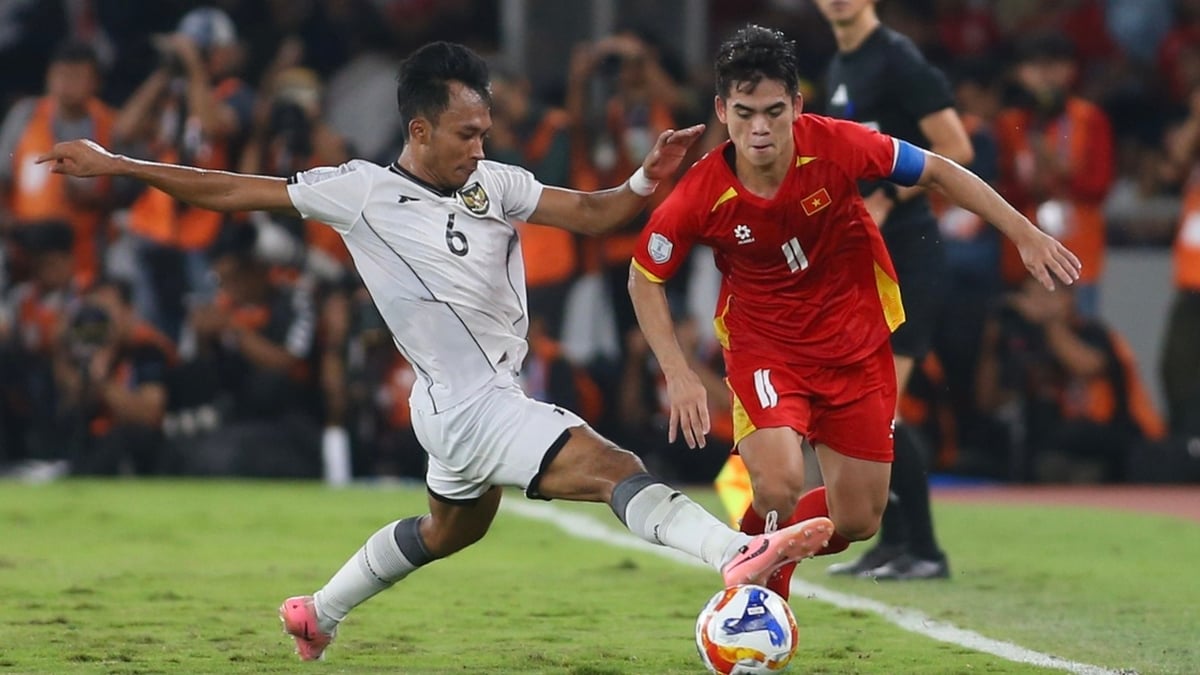
















![[Photo] National Assembly Chairman attends the seminar "Building and operating an international financial center and recommendations for Vietnam"](https://vphoto.vietnam.vn/thumb/1200x675/vietnam/resource/IMAGE/2025/7/28/76393436936e457db31ec84433289f72)


































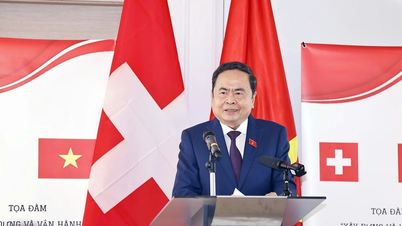



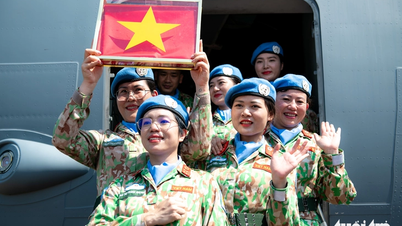


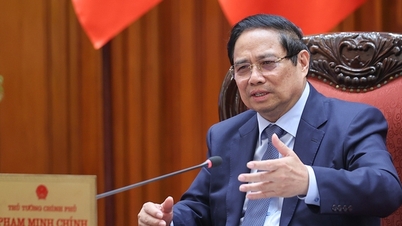
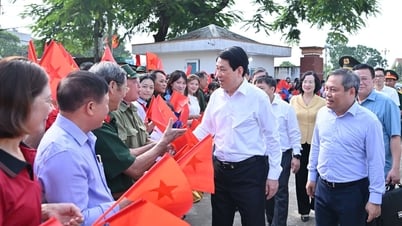


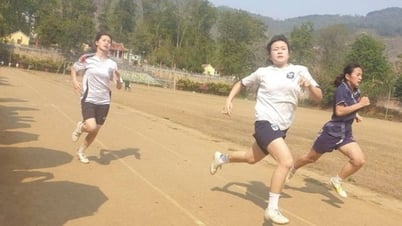























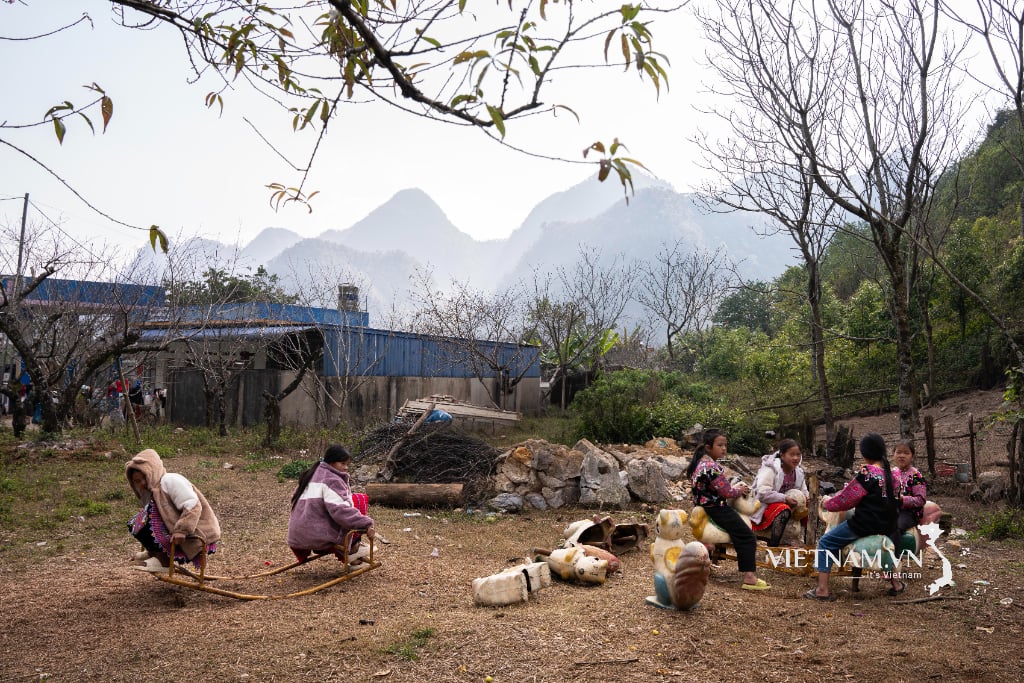


Comment (0)